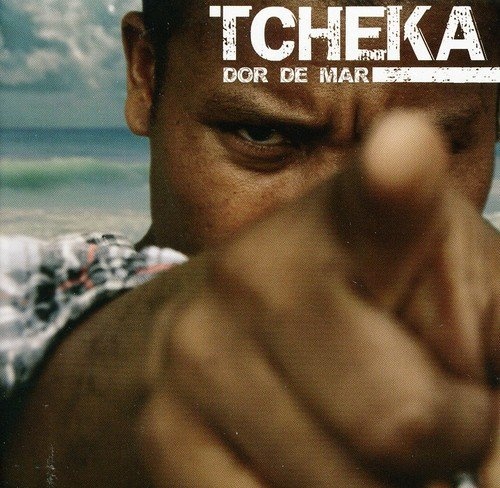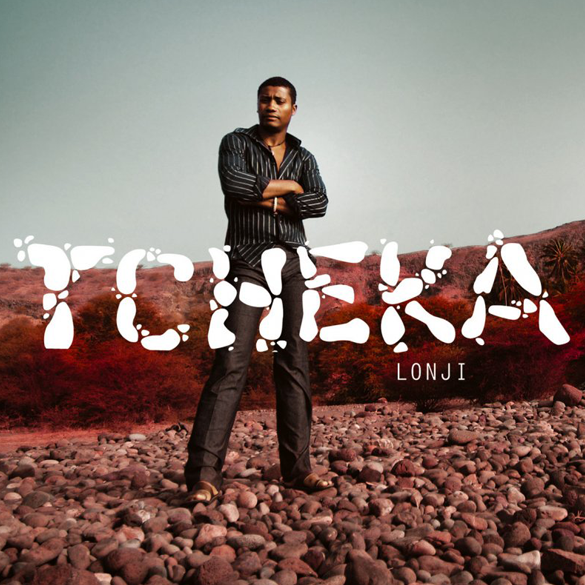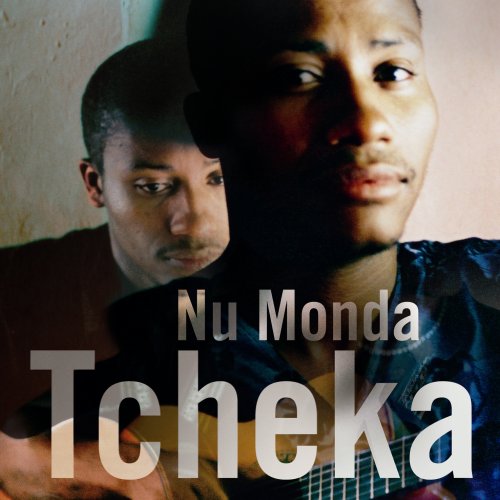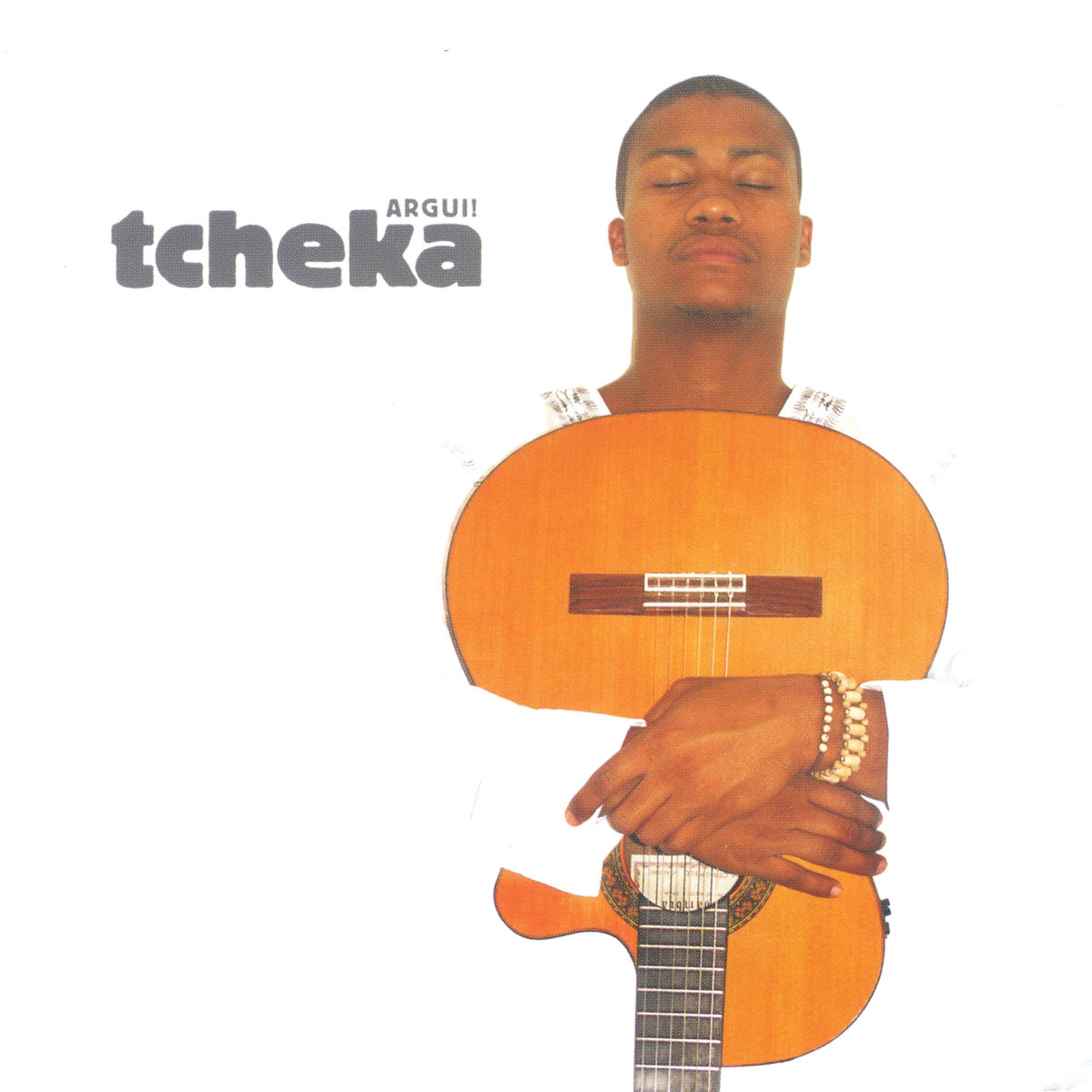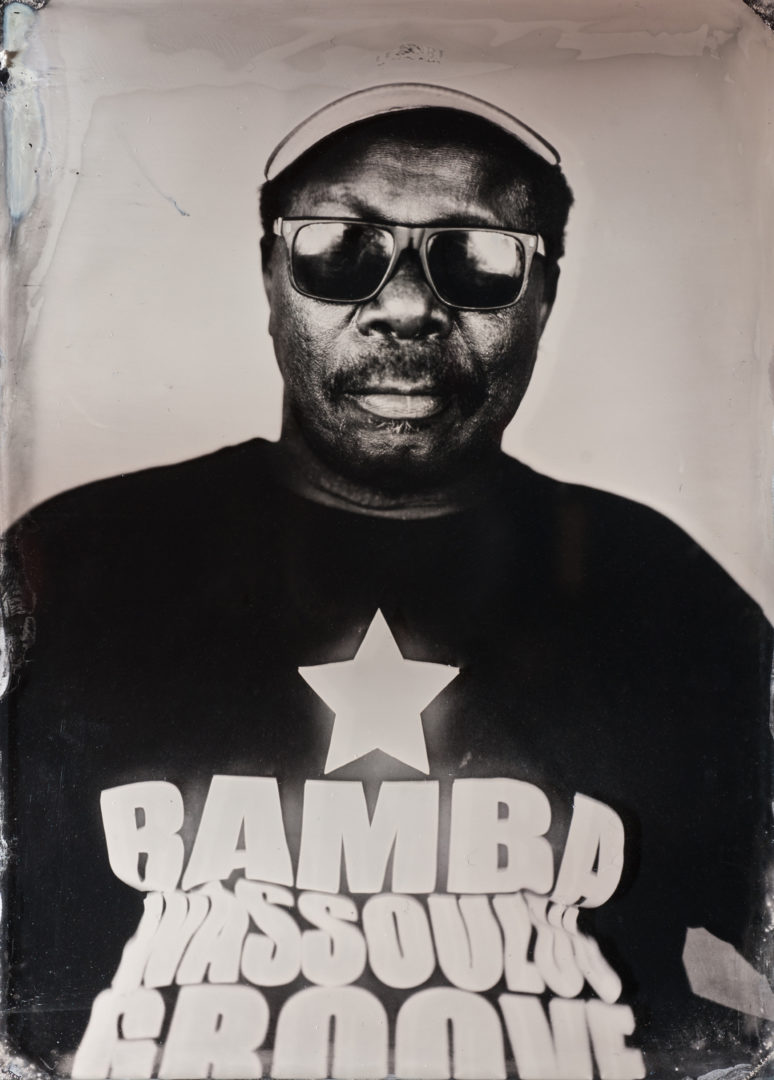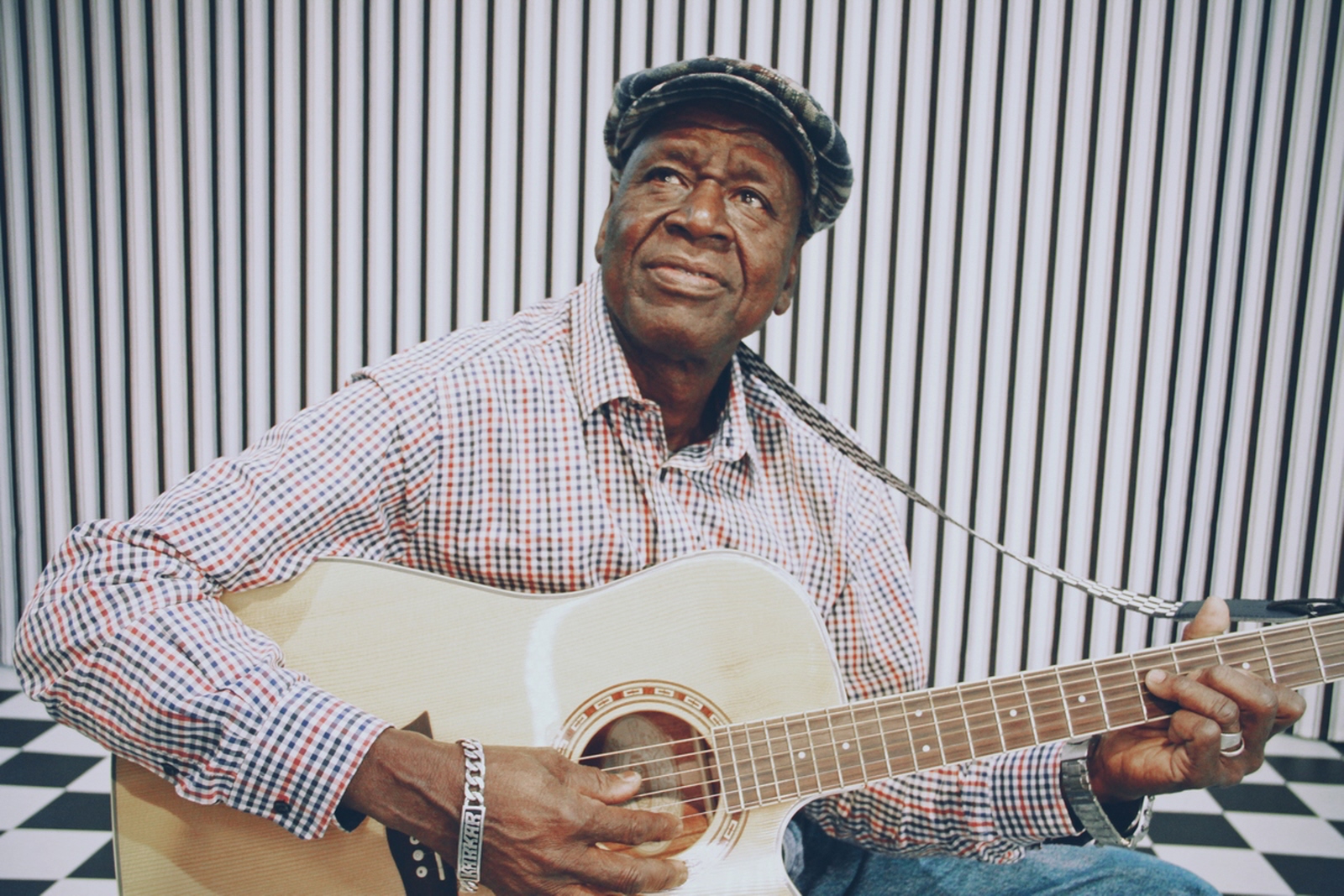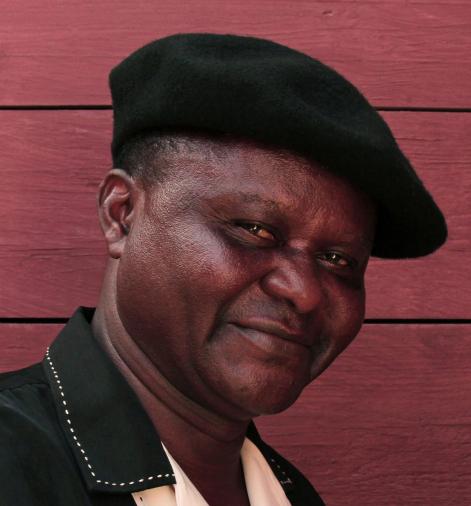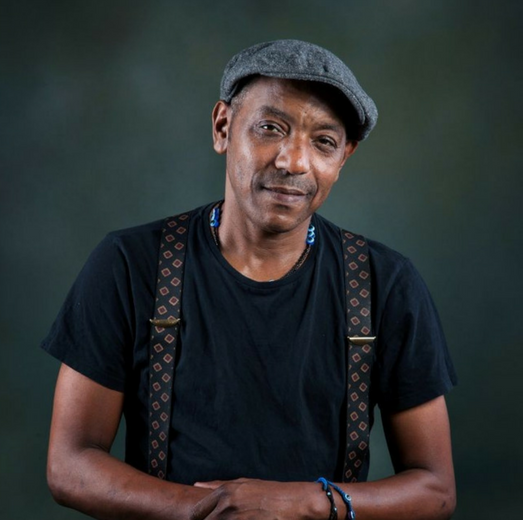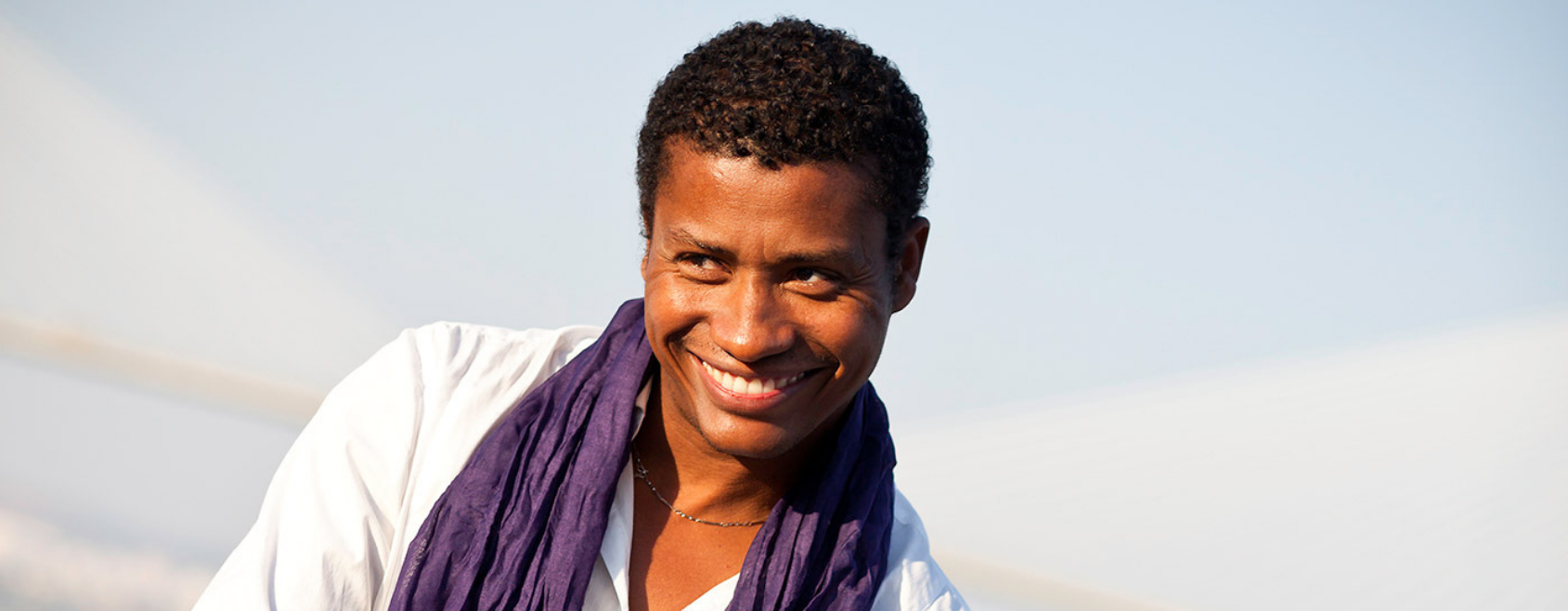
Tcheka
A new reading of batuque
About
Manuel Lopes Andrade, aka Tcheka, was born on the 20th July 1973 in the port of Ribeira Barca, Santa Catarina district, on Santiago, the most African island of the Cape Verde archipelago. At a very early age, he began to perform alongside his father, Nho Raul Andrade, a highly popular violinist at the island’s village dances and festivities. Tcheka was in good hands. Every wrong note brought a rap on the knuckles from his father’s bow, but he learned quickly and soon made his mark at dances, weddings, baptisms and so on.
However, the boy had other ambitions. At 15, he began to develop a more personal style, based on batuque, one of Santiago Island’s more popular beats, originally played by women. One of the first pieces he wrote, “Man’ba des bes kumida dâ”, gave a clear idea of the musical path he wished to follow. His aim was to widen the appeal of batuque, turning it into a beat that everyone would love.
In the meantime, a man must earn his living. Tcheka left his rural home and went to live in Praia, where he became a cameraman for national television, a job that involved travel and broadened his horizons. In Praia, Tcheka met journalist Julio Rodrigues and wrote a number of songs with him. The two played informally in the bars of the Cape Verdean capital and other musicians soon joined them: percussionist Pery, bassist Kizo, flautist Robert Pemberton (a Scotsman who lived in Cape Verde) and, more recently, percussionist Raul.
Today, Tcheka is well-known in Praia for his work in modernising “batuque”, in much the same way as Catchas updated Funana, the other great Santiago beat, in the seventies. Providing a new reading of batuque while conserving its traditional structures is the message of Tcheka.


